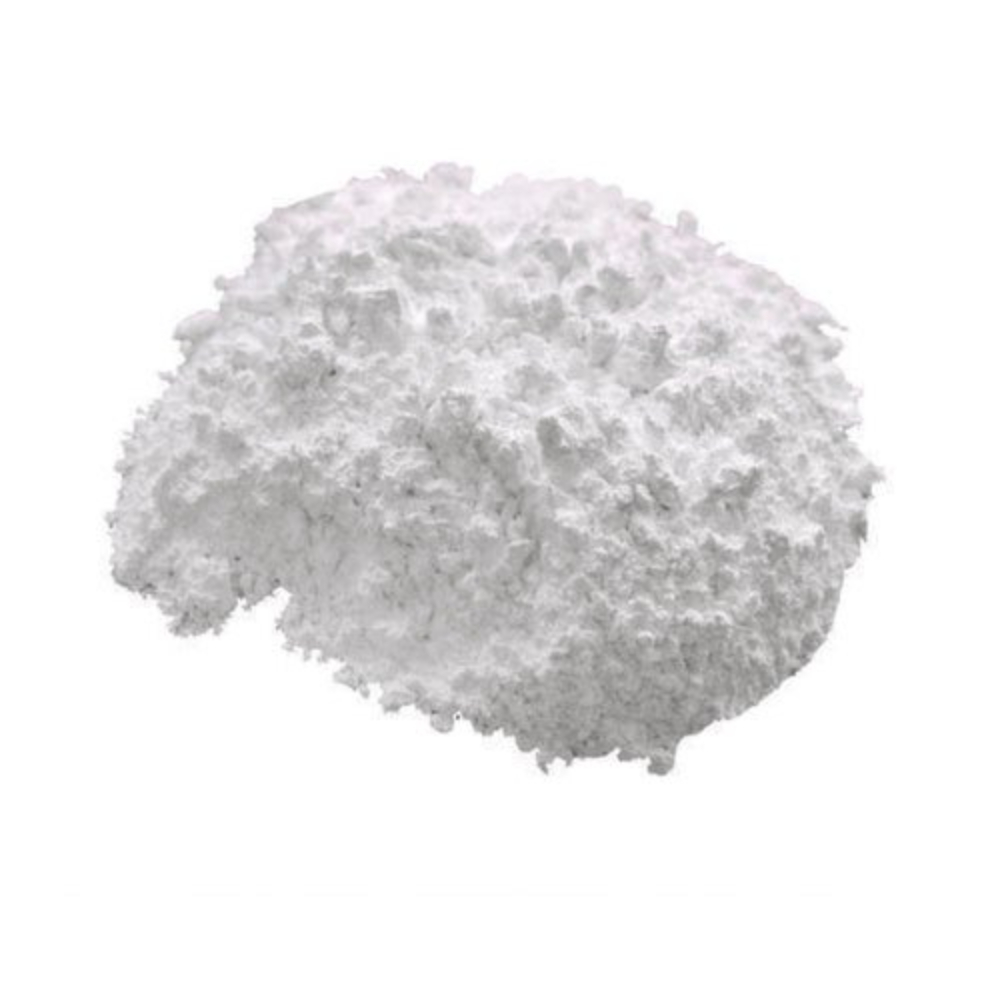Ground calcium carbonate plays a crucial role in enhancing soil quality and improving farming practices. It is derived from natural limestone and has been used for centuries in agriculture due to its numerous benefits. Understanding how ground calcium carbonate impacts soil can help farmers make informed decisions for better crop yields and healthier land.
What is Ground Calcium Carbonate?
Ground calcium carbonate is a fine white powder produced by grinding limestone. It is widely used in various industries, including agriculture, where it serves as a soil amendment. This natural mineral is rich in calcium and carbonate ions, making it an essential component for promoting plant growth and improving soil structure.
Benefits for Soil pH
One of the primary advantages of using ground calcium carbonate is its ability to neutralize soil acidity. Many soils, especially in humid regions, can become too acidic, leading to nutrient deficiencies and poor crop growth. By applying ground calcium carbonate, farmers can raise the soil pH to a more optimal level, allowing for better nutrient availability to plants. A balanced pH enhances microbial activity in the soil, which is vital for nutrient cycling and overall soil health.
Enhancing Nutrient Availability
Calcium is an essential nutrient for plants, playing a critical role in cell wall structure and overall plant development. Ground calcium carbonate not only provides calcium but also helps to improve the availability of other nutrients, such as magnesium and potassium. When soil acidity is reduced, these nutrients become more accessible to plants, promoting healthier growth and higher yields. Farmers can ensure that their crops receive the nutrients they need to thrive.
Improving Soil Structure
Another significant benefit of ground calcium carbonate is its ability to improve soil structure. It helps to bind soil particles together, creating a more stable and porous environment. This improved structure allows for better water infiltration and drainage, reducing the risk of erosion and waterlogging. Well-structured soil also promotes root development, allowing plants to access water and nutrients more efficiently. Farmers who incorporate ground calcium carbonate into their soil management practices can see a marked improvement in crop performance.
Supporting Microbial Activity
Healthy soil is teeming with microbial life, which is essential for nutrient cycling and soil fertility. Ground calcium carbonate enhances the habitat for beneficial microorganisms, fostering a diverse and active soil ecosystem. As soil pH improves and nutrients become more available, these microbes can thrive, contributing to better soil health. Farmers can benefit from increased microbial activity by experiencing enhanced nutrient breakdown and improved organic matter decomposition, leading to richer soils.
Cost-Effectiveness
Using ground calcium carbonate is a cost-effective strategy for farmers looking to improve soil quality. It is relatively inexpensive compared to other soil amendments, making it an attractive option for those on a budget. Additionally, the long-lasting effects of ground calcium carbonate mean that farmers do not have to apply it frequently, further reducing costs over time. By investing in this natural soil enhancer, farmers can achieve better yields and healthier crops without breaking the bank.
Conclusion
Ground calcium carbonate is a powerful tool for improving soil quality in farming. Its ability to neutralize soil acidity, enhance nutrient availability, improve soil structure, and support microbial activity makes it an essential component of modern agricultural practices. Farmers looking for a cost-effective solution to boost crop yields and promote sustainable farming should consider incorporating ground calcium carbonate into their soil management strategies. By doing so, they can ensure healthier crops and more productive land for the future.
For those interested in sourcing this valuable amendment, many ground calcium carbonate manufacturers in India provide high-quality products to support agricultural needs.

